93-year-old Ben Bender of Zanesville, Ohio, had played golf for 66 years.
But he’d never hit a hole-in-one.
Given the fact that the average amateur golfer has a 12,500-to-1 shot at a hole-in-one every time they step in the tee box, the fact that he’d missed the mark wasn’t particularly noteworthy — until his final game.
Bender, who suffers from hip bursitis, knew his days on the course were numbered when he stepped up to the third tee at Zanesville’s Green Valley Golf Club last month. The third hole is a tricky shot — typically a par three at 152 yards — and features a large lake in the center of the fairway (check out the video below).
But using a five wood, Bender drove the ball straight into the hole for his first-ever hole-in-one.
“I’d come close to some hole-in-ones, but this one was level on the green before it curved towards the hole and went in,” Bender told the Zanesville Times Recorder.
This 93-year-old made his first hole-in-one during the last round of his life : https://t.co/MVZg9mOzmE pic.twitter.com/TNpxyxXfMC
— Golf Digest (@GolfDigest) May 17, 2018
A few holes later, Bender’s hip ached so severely he walked off the course for the final time. “My hips were hurting and I had to stop,” he said. “It seemed the Lord knew this was my last round, so he gave me a hole-in-one.”
There’s a saying among golfers that no matter how terribly you play, there’s always one shot per round that brings you back. For Bender, his final round had a shot that was a perfect one to go out on.
“I was lucky to play golf this long, but I never expected [a hole-in-one],” he said. “It was the last time I was able to play, and I think God had a hand in this. I loved the game and hate to give it up, but I can’t play forever.”






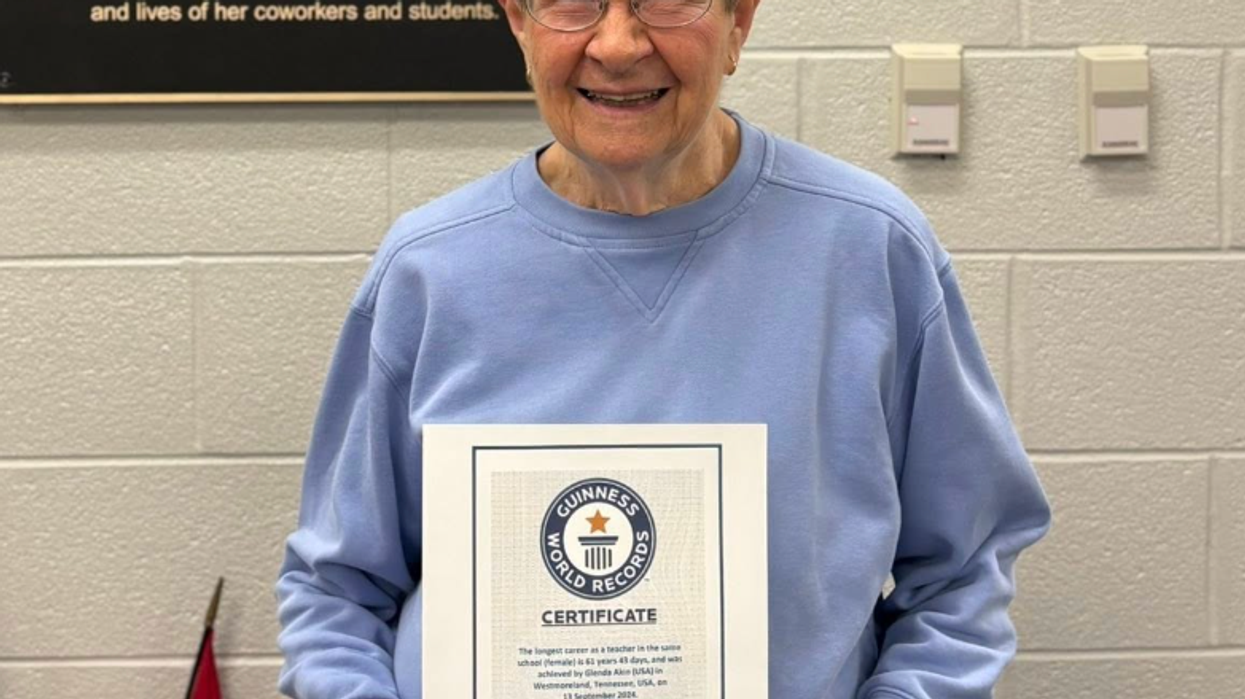

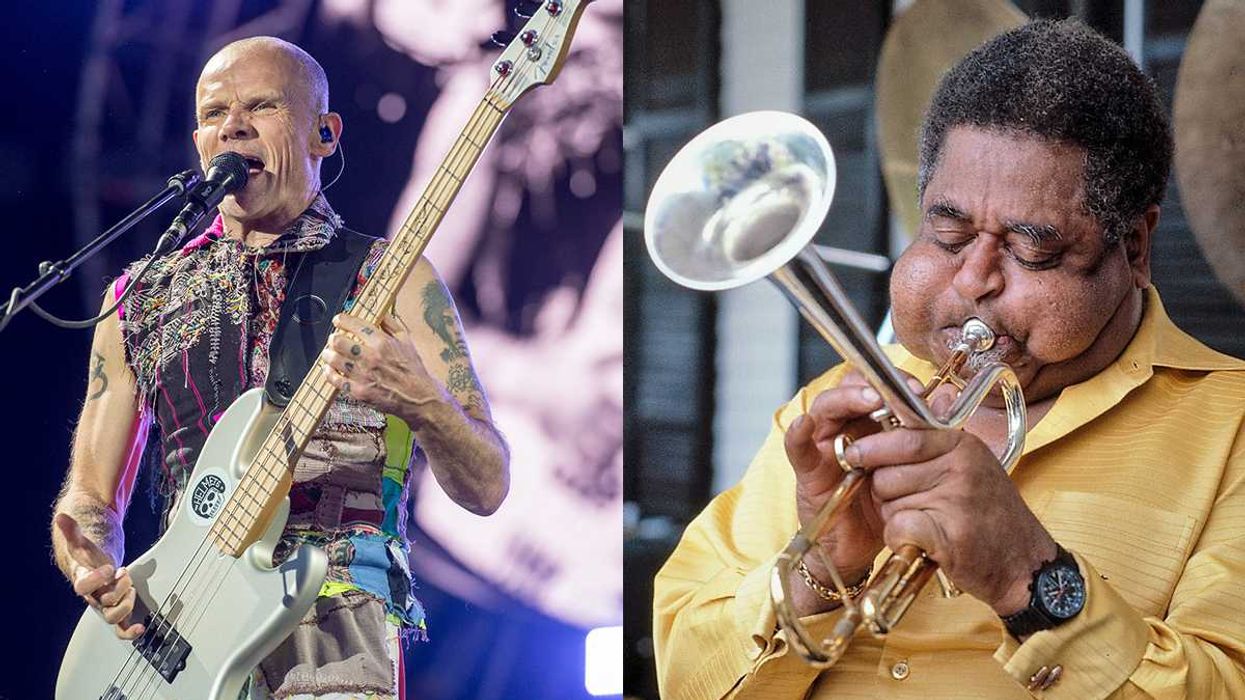







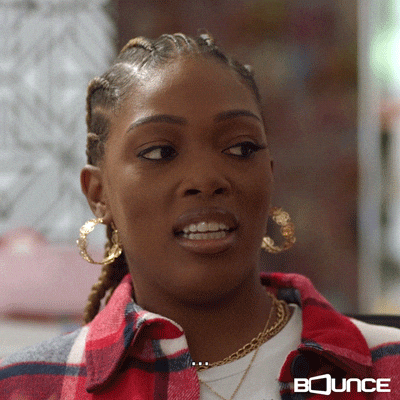 Gif of confused woman saying "OK"
Gif of confused woman saying "OK"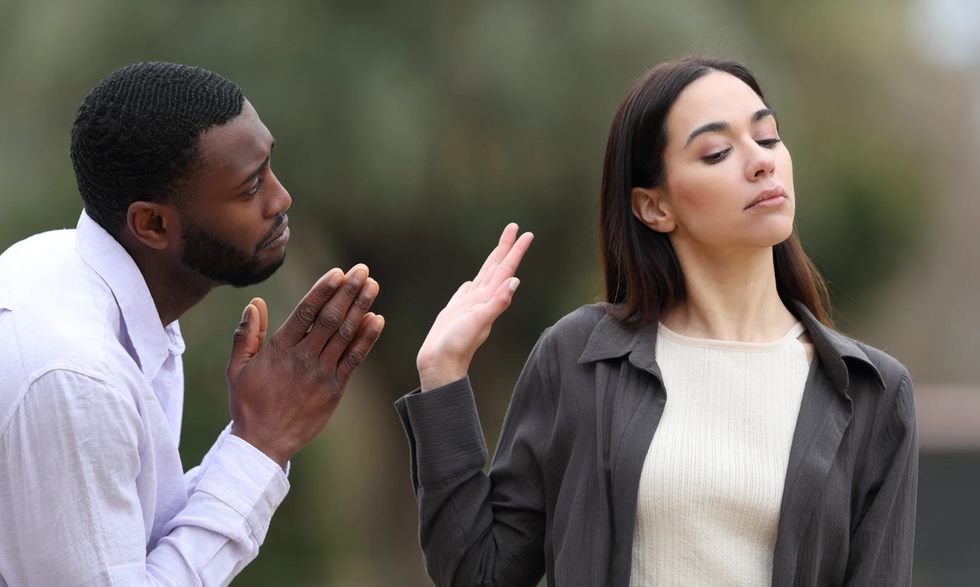 A woman rejects a man's advancesCanva
A woman rejects a man's advancesCanva A couple kissingCanva
A couple kissingCanva
 A house on fireCanva
A house on fireCanva A smoke detector covered in smokeCanva
A smoke detector covered in smokeCanva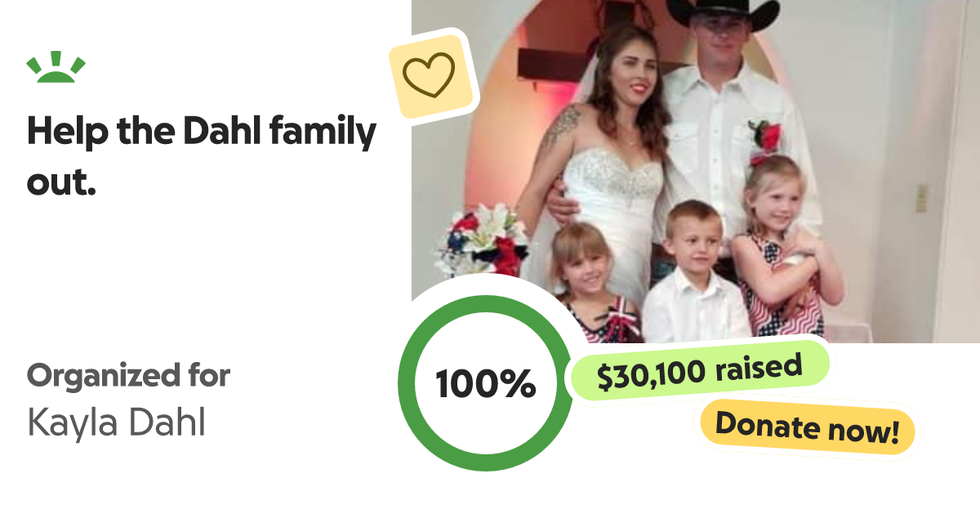 The Dahl family gofundme
The Dahl family gofundme 
 Mushrooms containing psilocybin.Photo credit:
Mushrooms containing psilocybin.Photo credit:  Woman undergoing cancer treatments looks out the window.Photo credit:
Woman undergoing cancer treatments looks out the window.Photo credit: 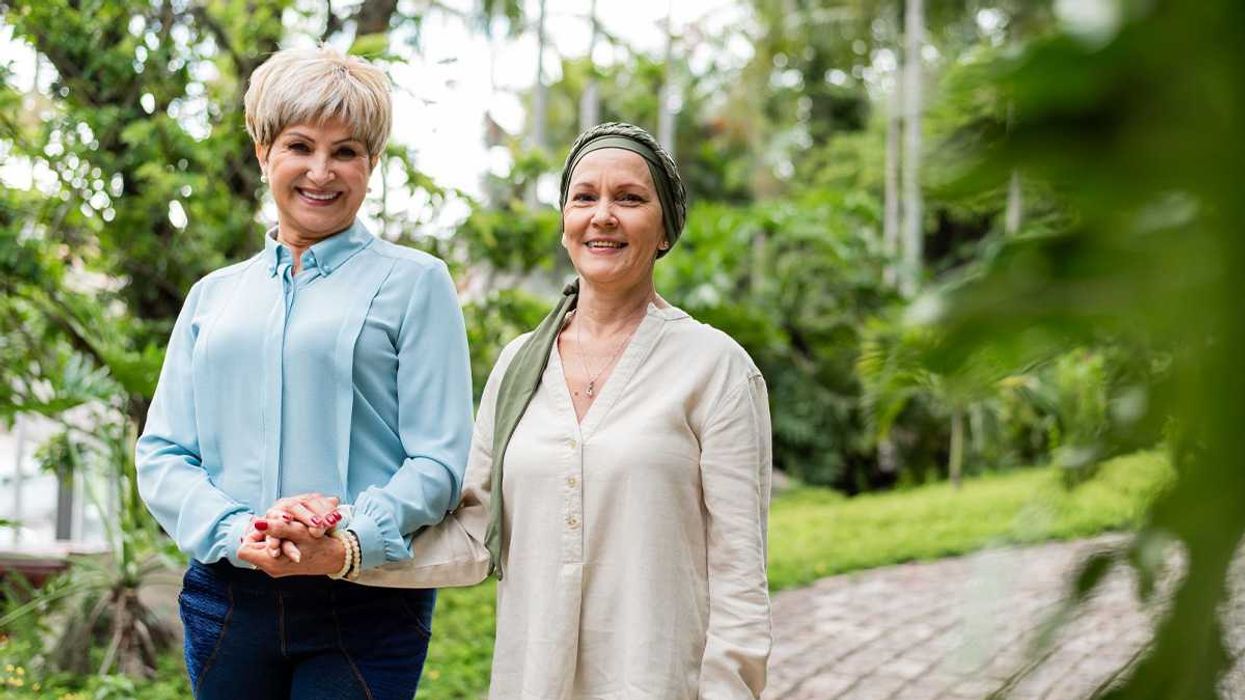 Friend and patient on a walk.Photo credit:
Friend and patient on a walk.Photo credit: 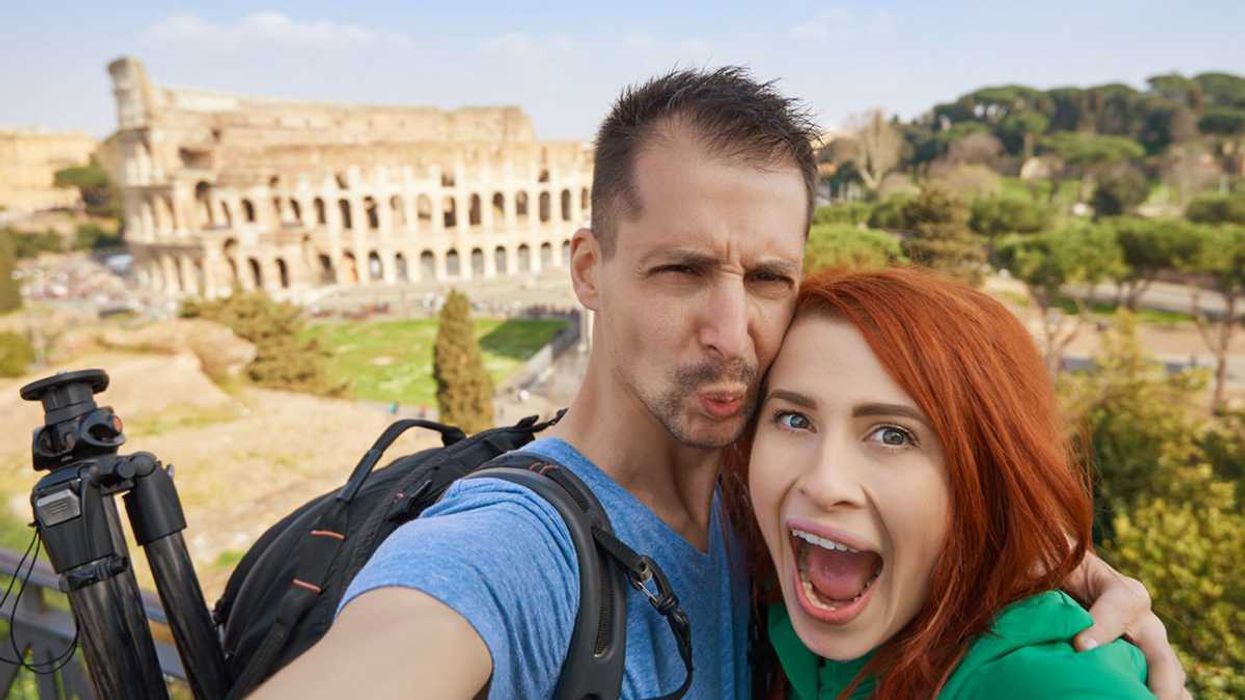
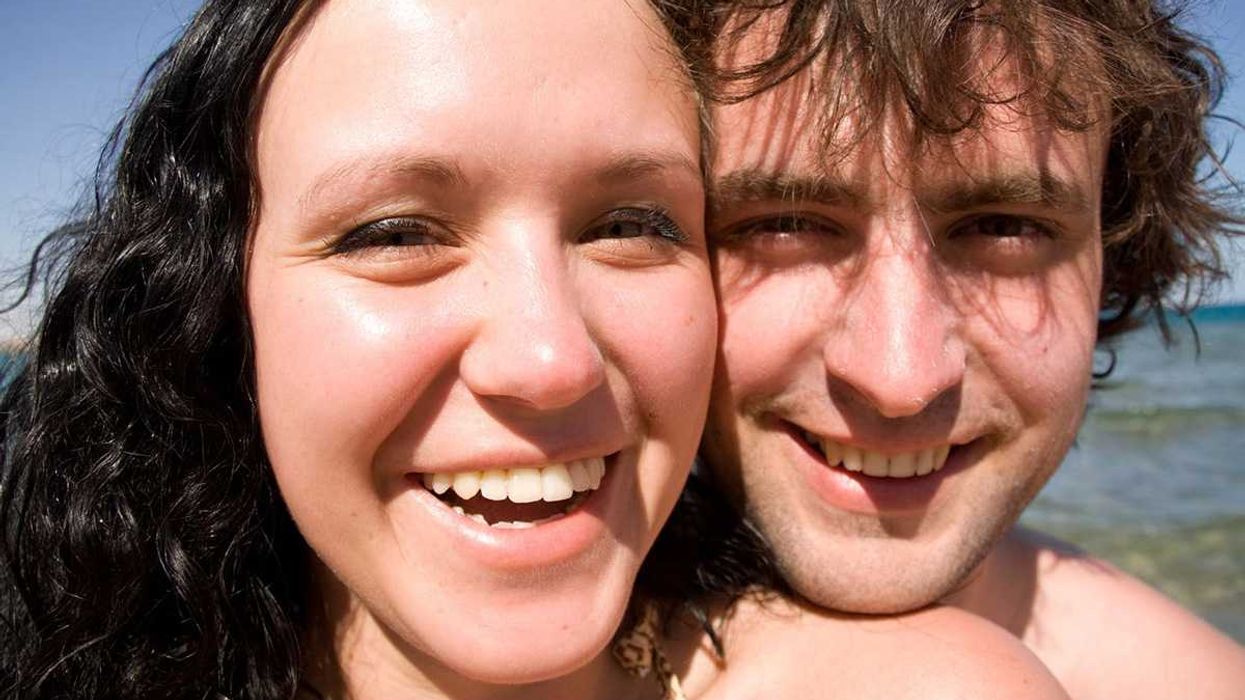 A smiling couple. Photo credit:
A smiling couple. Photo credit:  Feeding each other ice cream.Photo credit:
Feeding each other ice cream.Photo credit: 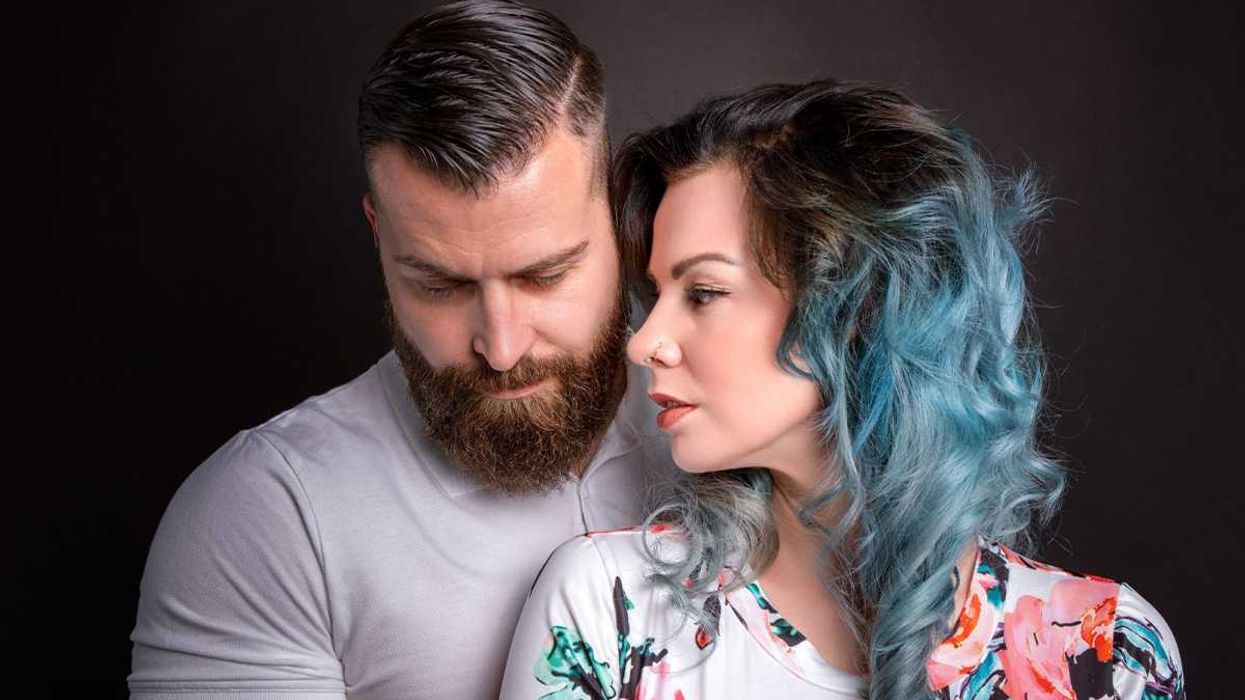 An intimate photograph of a couple.Photo credit:
An intimate photograph of a couple.Photo credit:  Playing with food.Photo credit:
Playing with food.Photo credit: 
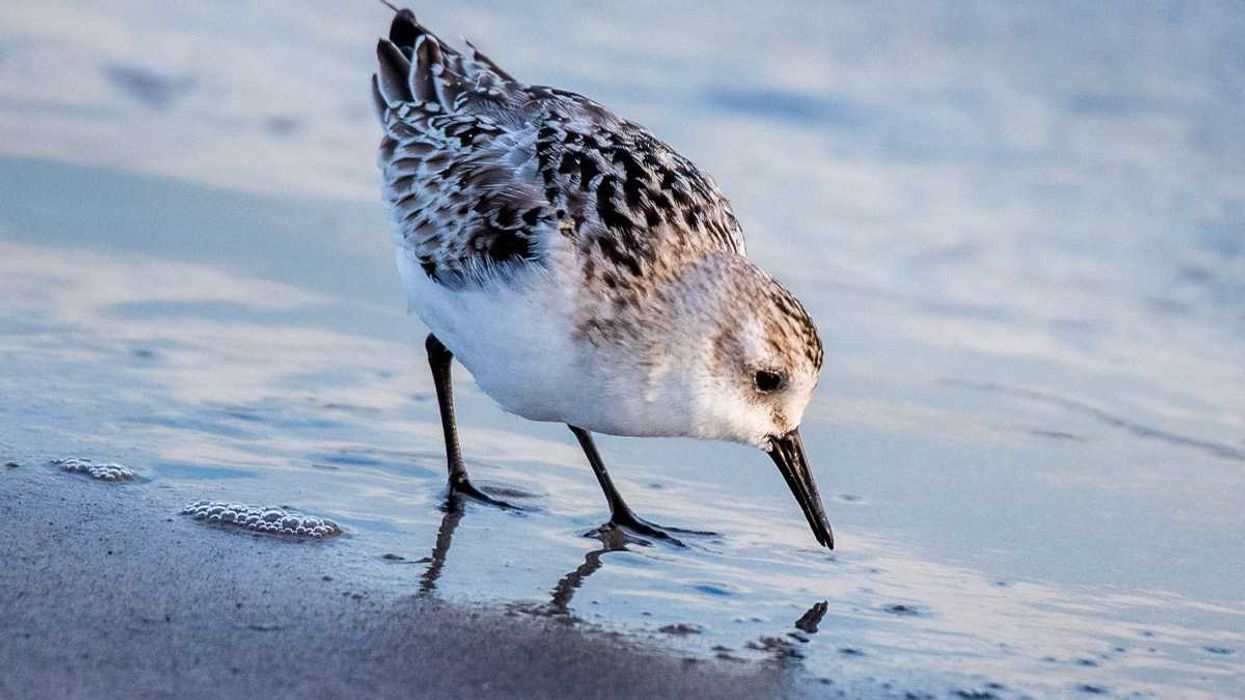 Bird searches for food on a beach.Photo credit
Bird searches for food on a beach.Photo credit  Articulating arm in sand.Graeme Main/
Articulating arm in sand.Graeme Main/  Woman arms stretched.Photo credit
Woman arms stretched.Photo credit 

